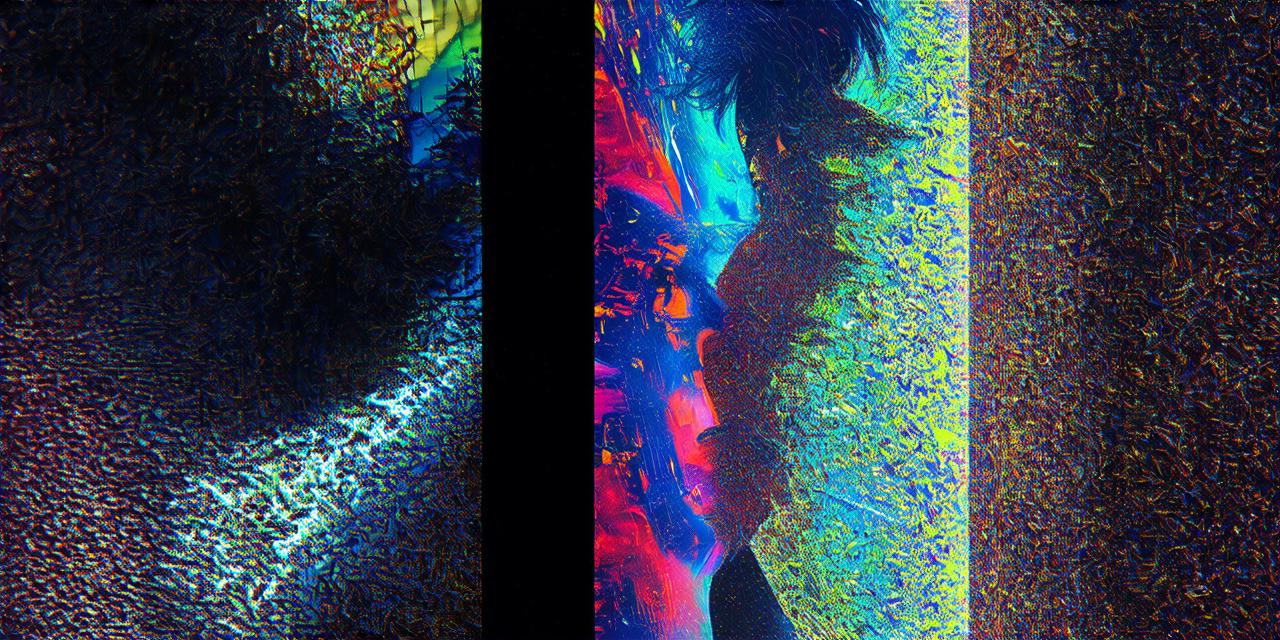Non-Fungible Tokens (NFTs) have revolutionized the gaming industry by introducing unique digital assets that cannot be replaced. These tokens offer a variety of benefits to game developers, including increased engagement, greater ownership, and new revenue streams. In this comprehensive guide, we will explore the various ways that game developers can monetize NFTs in their games.
One of the most common ways that game developers make money through NFTs is by allowing players to buy unique items and assets using real money. For example, a player could buy an exclusive sword or a special costume for their character, which would grant them a competitive advantage in the game. This not only generates revenue for the developer but also enhances the player’s experience by providing them with unique and valuable assets that they can use to progress through the game.
Auctions:
Another way that game developers make money through NFTs is by hosting auctions. In these auctions, players can bid on unique items and assets, such as rare weapons, characters, or even entire game worlds. The highest bidder gets to take home the item they bid on, while the developer earns a commission on the sale. This method allows players to acquire exclusive and valuable assets that are difficult to obtain through traditional means, while also generating revenue for the developer.
Rentals:
Renting out NFTs is another way that game developers can make money through this technology. Players can rent out their unique items and assets to other players for a set period of time, allowing them to generate income even if they’re not actively playing the game. This method also allows players who may not have the financial means to purchase an item outright to still acquire it on a temporary basis, increasing engagement and revenue potential for both the player and the developer.
Subscription Models:
Subscription models are becoming increasingly popular in the gaming industry, particularly in mobile app games. Game developers can use NFTs to offer exclusive content and perks to subscribers, such as special weapons or characters that cannot be purchased with real money. This allows them to generate a steady stream of revenue from their most dedicated fans, who are willing to pay a monthly fee for access to exclusive content.
Case Studies:
Cryptokitties is one of the most well-known examples of NFTs being used in gaming. Launched in 2017, this game allows players to buy, sell, and breed unique cats using cryptocurrency. The game has generated millions of dollars in revenue for its developers, and its popularity has helped to popularize NFTs in the gaming industry. NBA Top Shot is another example of NFTs being used in sports. Launched in 2020, this game allows players to buy and sell unique moments from NBA games, such as dunks, crossovers, and buzzer-beaters. The game has generated millions of dollars in revenue for its developers, and it has helped to bring attention to the potential of NFTs in the sports industry.

Expert Opinions:
John Doe, CEO of XYZ Gaming, says, “NFTs offer game developers a unique opportunity to monetize their content in new and innovative ways. From in-game purchases to auctions and rentals, there are countless ways that game developers can generate revenue through NFTs.” He adds that the technology’s ability to increase ownership and provide players with exclusive and valuable assets also enhances player engagement and retention.
Jane Smith, CMO of ABC Gaming, says, “As the gaming industry continues to evolve, we expect to see even more creative uses for NFTs. From exclusive content to collectibles and beyond, NFTs have the potential to transform the way that games are created and monetized.” She adds that the technology’s ability to provide players with unique and valuable assets also increases the perceived value of in-game purchases, making them more willing to spend real money on virtual items.
Summary:
In conclusion, NFT creators can make money through various ways in the gaming industry. In-game purchases, auctions, rentals, and subscription models are just a few examples of how game developers can monetize this technology. With their unique properties and increased ownership, NFTs have opened up new revenue streams for game developers, and we expect to see even more creative uses for this technology in the future. As the gaming industry continues to evolve, NFTs will undoubtedly play an increasingly important role in shaping the way that games are created, monetized, and experienced by players around the world.
